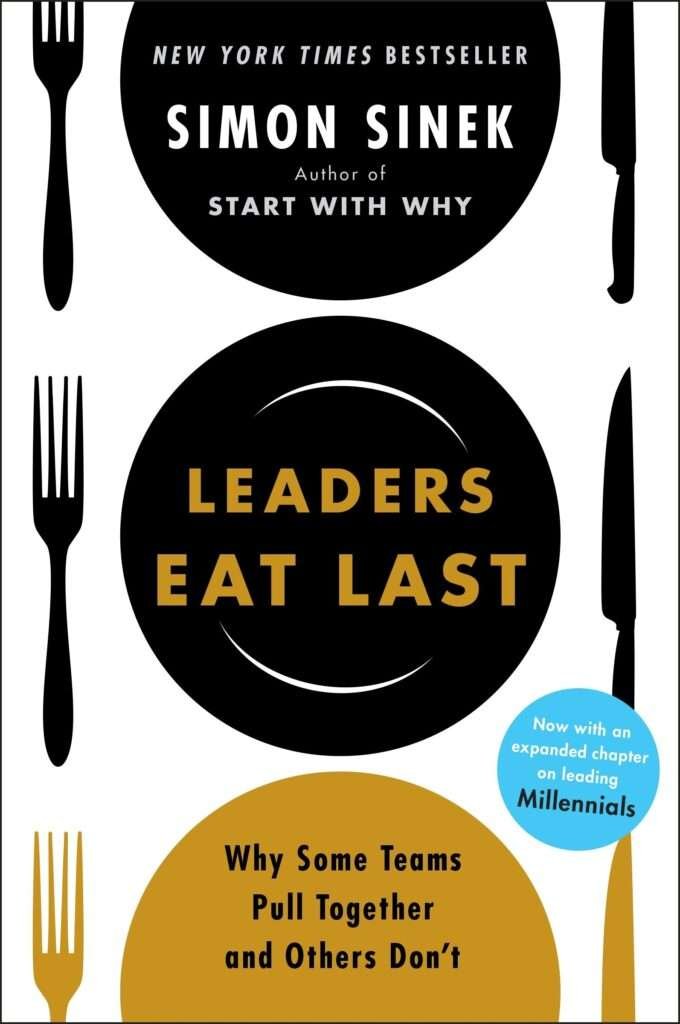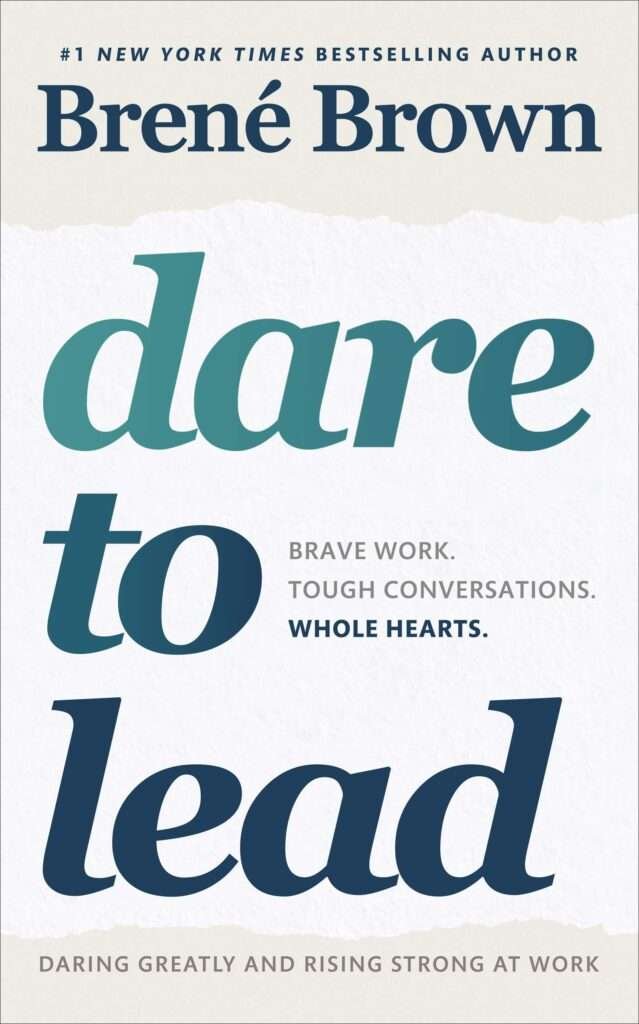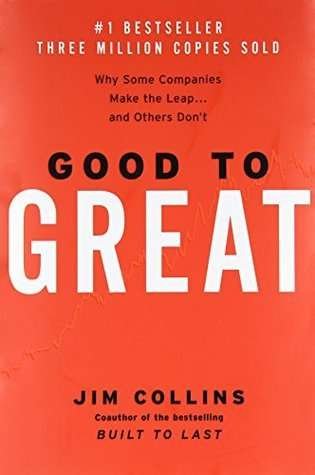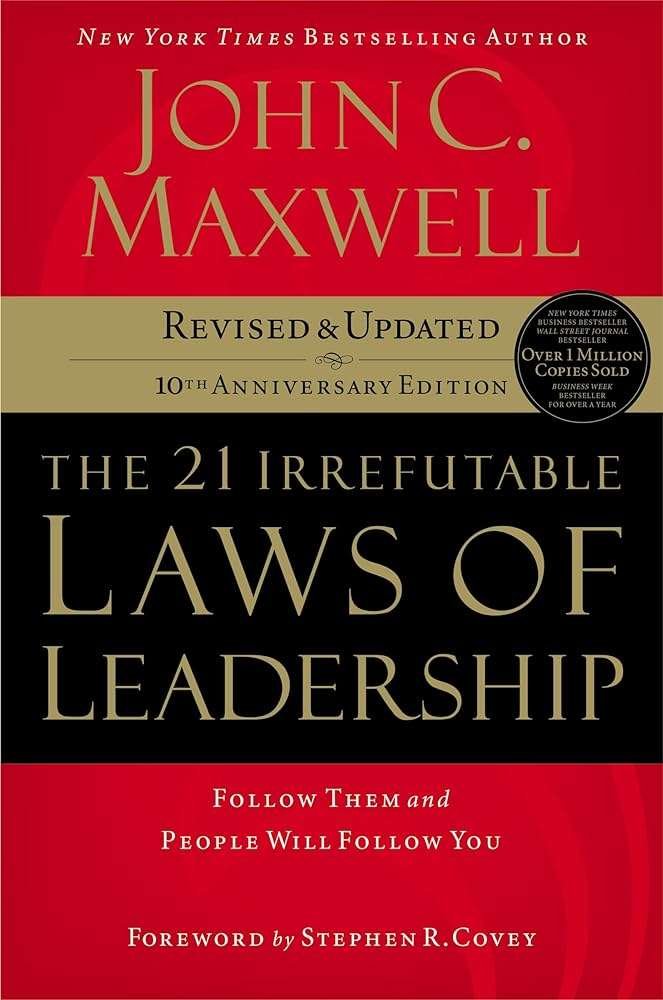Introduction
Reference to categories such as vision, motivation and inspiration describing leadership give a clear indication so far of how complex the art of leading can be. There is a lot of literature available that can help you improve your leadership qualities. The following five books cover the best advice on leadership qualities, they are:

Why Are Leadership Qualities Important?
Why leadership traits are so critical is that they determine how well the operation will run and if your teams can effectively perform their jobs. Strong leadership qualities:
- Promote a Positive Workplace: By showing all those essential qualities with your own conduct, you also enable to foster supportive and motivating work environment where employees are happier and more productive as well.
- Leaders Drive Performance and InnovationEffective leadership motivates teams to go above the average; excel in innovation, and perfrom at optimal levels.
- Trust & Credibility: Leaders who demonstrate integrity, empathy and vision earn trust from their team which is an essential ingredients for high performance teamwork and organizational success.
- Lead Through Difficulties: Great leaders will guide their teams through uncertainties and challenges, reminding her team to keep the eyes on the prize.
How Can Leadership Qualities Benefit Us?
Strength in leadership offers the following benefits:
- Boosts Personal Development — Leadership development asserts self-actualization, emotional intelligence and grit thus having personal growth as well.
- Career Growth: Displaying leadership traits can lead to new doors of opportunities and roles, thus enabling career progress in a way.
- Better Team Dynamics: Better leadership directly result in better cohesion, communication and performance within the team — hence they achieve more(less rework) but also have higher satisfaction!
- Organizational Success– The success of an organization is very much a result of leaders possessing strategic vision, strong management skills and are inspiring to teams.
How Can These Books Help Us?
Here are invaluable books on the subject of leadership and how to develop or improve said qualities:
- Practical Advice: Each book shares tools and techniques that can be put to use, in practice on the job.
- Actual Experience: This makes the book so much more appealing as you can relate with numerous stories and experiences of some successful leaders thus making it interesting along side real time learning.
- In-depth Advice: This is a round-up of suggestions that provide an overarching approach to leadership, ranging from emotional intelligence & strategic planning skills to teamwork dynamics.
- Furthering continuous improvement: Reading and living the tenants of these books allow individuals to grow as leaders which can further enhance the success rate in their organizations.

1. “Leaders Eat Last: Why Some Teams Pull Together and Others Don’t” by Simon Sinek
Overview: In Leaders Eat Last, Simon Sinek reveals the practices of leadership that build a place where everyone desires to go in on their goals and protect one another becoming part of this team. Based on the idea that leaders who put people first create an atmosphere where teamwork and results are stronger long-term, this book supports these principles by providing stories strong with deep trust as well. Through plenty of case studies from history and our modern days, Sinek shows how great leaders build the “Circle of Safety” to protect their teams against internal dangers (such as layoffs) and external ones.
Key Takeaways:
- They feel safe and understood and can operate at their peak which decreases stress, increases feelings of identity alignment or belongingness making them more productive.
- Empathic Leadership: Placing Team member welfare first result in greater loyalty, push the staff to provide better than their usual contributions.
- Tangible Tactics: Sinek features practical tips for earning trust and cultivating a great workplace.
The Ability to Create a Good Atmosphere: Wanting them or not, those who know the basics of creating an atmosphere in which newcomers and members already mic even for two months feel as if it’s been five years there have much more effective internet business performance than others; The book gives practical tips for establishing trust and a collaborative culture.

2. “The 7 Habits of Highly Effective People” by Stephen R. Covey
Overview: The classic book by Stephen R. Covey — “The 7 Habits of Highly Effective People” is a powerful guide to personal and professional transformation based on solid, principle-centered life values. Covey developed a framework of seven habits that individuals and leaders can adopt in order to align their behaviors with their own core values. The separation is still prominent, but I really like the emphasis on proactive behavior and time management that this one has.
Key Takeaways:
- This is about how a individual act before others or anything by showing their action level, governance and personalization.mutable elements: – initiatives responsibility (proactive behaviour which defines taking decision but not using last pages of emotions).
- Setting Goals: Being clear about what we need to do and setting up priorities while working towards our personal and professional success.
- Continuous Improvement — We believe in the principle of Sharpening The Saw throughout life because you can always become a better version of yourself personal estate planning and development.
Why Read This Book: Covey offers a holistic and systematic way to become an effective leader through working on personal growth and having the right habits. A must-read book for those trying to be a great leader and reach their dream.

3. “Dare to Lead: Brave Work. Tough Conversations. Whole Hearts.” by Brené Brown
Overview: Brave Work, Tough Conversations, Whole Hearts by Brené Brown According to Brown, true leaders are vulnerable they foster trust and engage in hard conversations. Her book is evidence-based and provides simple, practical advice for leading with empathy and resilience. Brown taught that leaders who wanted to live a wholehearted life had paying attention, authentic connections and shared vulnerability as key values around which they would build an open culture of trust.
Key Takeaways:
- Vulnerability: Leaders who are vulnerable (open, and authentic) can create deeper relationships which leads to greater trust with their teams.
- Courageous Conversations — Being open and willing to engage in the tough, honest conversation develops a culture of transparency & accountability.
- Creating Resilience: Being resilient allows leaders to face challenges and help their team in a way that even though they are unglad, but ready.
Why Read It: If you are looking to create a leadership style rooted in emotional intelligence and authenticity, Dare to Lead is for you. The key takeaway from Brown is that leaders can make their teams more inclusive and effective.

4. “Good to Great: Why Some Companies Make the Leap… and Others Don’t” by Jim Collins | Leadership Qualities
Summary Good to Great by Jim Collins is a well-researched scrutiny of the reasons that some companies fail after others succeed. To isolate the factors that create market death spirals and compare them with those which exist inside great companies, Collins and his research team performed thorough analyses on “what happened” over a 90-year time period. The book tells us about the significance of disciplined leadership, concentrating on fundamental strengths and creating a culture of excellence.
Key Takeaways:
- Level 5 Leadership: Collins introduces “Level 5 Leadership” which is described by a combination of personal humility and professional will.
- To keep your eye on the ball: Developing successful businesses focus on their core competencies and they avoid shiny object syndrome.
- Excellence Culture: Creating a culture of constant improvement and amplified performance is vital for long-term survival.
Why Read It: For leaders who want to elevate their organizations to a level of peak performance, Good To Great delves into what that will demand. Hence the research-based approach of actionable strategies for performance and sustainability.

5. “The 21 Irrefutable Laws of Leadership: Follow Them and People Will Follow You” by John C. Maxwell | Leadership Qualities
Overview: The 21 Irrefutable Laws of Leadership by John C. Maxwell details the key laws high-impact leaders use to maximize their influence and inspire others accomplishing it. Based on his own leadership experience, Maxwell offers 21 laws that deal with areas such as influence and empowering others to strategy. Practical guidance and real-world exemplification is included throughout the book to help enlighten leaders in establishing and carrying out these principles.
Key Takeaways:
- You see the Law of Influence says that leadership is not about titles and positions we have; its all about influencing other people to create an enriching reword in their life.
- The Law of Process: Leadership is developed daily, not in a day.
- Law of Empowerment — the most common trait among all great leaders is that they give autonomy and tools to their team members so as ensuring success
Why Read It: Maxwell lays out basic principles of leadership in a way that helps you build credibility and influence. It is so useful in practical advice and examples that it really allows the people seeking to enhance their leadership skillfulness apply.

Conclusion | Leadership Qualities
From personal development to great leadership characteristic and strategic know how, These 5 books give you all in one go view of Leadership Functions. Use these resources to elevate your leadership, produce more impact and inspire those you lead. Whether you are a new leader or an executive, these books offer helpful advice in making yourself better and setting out on the leadership journey.
Frequently Asked Questions (FAQs) | Leadership Qualities
1. What are the key leadership qualities covered in these books?
Answer: The books listed cover a range of essential leadership qualities, including:
- Empathy and Emotional Intelligence: Understanding and relating to the emotions and needs of others (e.g., “Dare to Lead” by Brené Brown).
- Proactivity and Vision: Taking initiative and setting a clear direction for personal and organizational success (e.g., “The 7 Habits of Highly Effective People” by Stephen R. Covey).
- Trust and Integrity: Building trust through honesty and ethical behavior (e.g., “Leaders Eat Last” by Simon Sinek).
- Discipline and Focus: Maintaining focus on core strengths and long-term goals (e.g., “Good to Great” by Jim Collins).
- Influence and Empowerment: Leading by inspiring and empowering others (e.g., “The 21 Irrefutable Laws of Leadership” by John C. Maxwell).
2. How can these books help improve my leadership skills?
Answer: These books provide valuable insights and practical strategies for enhancing leadership skills:
- Actionable Strategies: Each book offers specific techniques and tools that can be applied in real-world scenarios.
- Real-Life Examples: The books include case studies and examples of successful leaders, offering inspiration and practical lessons.
- Personal Development: By reading and implementing the principles discussed, you can improve your self-awareness, emotional intelligence, and overall effectiveness as a leader.
- Team Building: The books provide guidance on fostering a positive and high-performing team environment, which is crucial for leadership success.
3. Why is it important to develop strong leadership qualities?
Answer: Developing strong leadership qualities is essential because they:
- Enhance Team Performance: Effective leaders motivate and guide their teams, leading to improved productivity and success.
- Foster a Positive Work Environment: Leaders who demonstrate key qualities create a supportive and motivating atmosphere.
- Drive Organizational Success: Strong leadership contributes to achieving organizational goals and maintaining a competitive edge.
- Promote Personal Growth: Leadership development enhances personal skills and career prospects, enabling individuals to take on more significant roles and responsibilities.
4. Can reading these books alone make me a better leader?
Answer: While reading these books provides valuable knowledge and insights, becoming a better leader also requires practical application and ongoing development. Here’s how to make the most of these resources:
- Apply the Principles: Implement the strategies and lessons learned from the books in your daily leadership practice.
- Seek Feedback: Regularly seek feedback from colleagues and mentors to refine your leadership skills.
- Engage in Continuous Learning: Continue to explore new resources, attend leadership workshops, and practice self-reflection to further develop your skills.
- Practice What You Learn: Leadership improvement comes from actively applying the concepts and adapting them to your unique context.
5. How can leadership qualities benefit my career and personal life?
Answer: Leadership qualities can significantly benefit both your career and personal life:
- Career Advancement: Demonstrating strong leadership skills can open doors to new opportunities, promotions, and greater responsibilities.
- Personal Growth: Leadership development enhances skills such as communication, problem-solving, and decision-making, contributing to personal growth and fulfillment.
- Improved Relationships: Effective leadership fosters better relationships with colleagues, family, and friends through enhanced communication and empathy.
- Increased Influence: Strong leadership qualities enable you to inspire and motivate others, helping you achieve personal and professional goals.
Check Out The Sources
Check Out More



